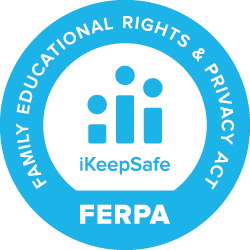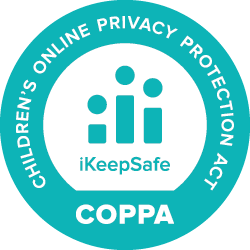Empowering Young Minds:
JASON Learning x Playwatch Kids
About the Partnership
JASON Learning and Playwatch Kids have formed a transformative partnership to enhance early childhood education through diverse and inclusive content. Playwatch Kids is dedicated to creating educational content that reflects the diversity of the world we live in, ensuring that children of all backgrounds can see themselves in the stories they watch. JASON Learning is a nonprofit organization committed to inspiring and educating students through engaging STEM experiences. By partnering together, they bring high-quality, inclusive educational resources to classrooms nationwide.
This collaboration merges JASON Learning’s 35-year expertise in high-quality STEM education with Playwatch Kids’ innovative approach to edutainment, creating a powerful synergy that will inspire and empower young learners.
All Playwatch Kids content is readily accessible through the JASON Digital Platform, and JASON Learning supports the videos with a suite of fun and educational activities that can be used before, during, or after engaging with the videos. The partnership seeks to foster a learning environment where every child sees themselves represented, is prepared for academic success, and feels motivated to explore their potential.
Meet Playwatch Kids
Playwatch Kids is an edutainment company dedicated to transforming early childhood education through engaging and inclusive content. Founded in 2021, Playwatch Kids aims to inspire children globally by creating educational videos that reflect the diversity of our world and the power of play.
Playwatch Kids’ Mission: Playwatch Kids believes that every child should see themselves as the hero of their own story. By integrating vibrant characters, culturally relevant themes, and interactive elements, their videos help children learn new skills, explore their creativity, and discover the world around them. Their content spans various educational areas, including reading, math, science, and world skills, ensuring a comprehensive and enjoyable learning experience.
What Sets Us Apart:
- Diverse Representation: Our content features a wide range of characters and stories that reflect the diverse backgrounds of children worldwide, helping every child feel seen and valued.
- Engaging Learning: We use the power of play to make learning fun and effective, blending educational content with entertaining visuals and narratives.
- Global Impact: Our videos are designed to inspire and educate children everywhere, fostering an environment where they can thrive and reach their full potential.
There is a critical need for representation in digital media
Underrepresentation in YouTube and Streaming Services
Imagine being a child scrolling through Netflix and realizing that only 24% of the children’s content features a lead character who looks like you. A 2021 study by Common Sense highlighted this exact issue. It’s a striking statistic considering the diverse tapestry of our society. On YouTube Kids, the story isn’t much different (Common Sense, 2022). Despite an endless sea of videos, there’s a disappointing scarcity of channels that prominently feature minority children. This underrepresentation can leave young viewers feeling invisible, sending an unspoken message that their stories aren’t worth telling.
Video Games: A Missed Opportunity for Diversity
Now, let’s talk about video games—a medium that captivates millions of kids and teens. According to a 2021 study in “New Media & Society,” only 3% of characters in video games are Black, 5% are Asian, and a mere 2% are Hispanic/Latino. These numbers are shockingly low, especially when you consider how many minority children are avid gamers. When these players navigate virtual worlds devoid of characters who look like them, it sends a clear message: you don’t belong here. This exclusion can be disheartening, eroding the sense of belonging that’s so crucial during formative years.
Impact on Self-Esteem and Identity
The American Psychological Association (APA) has long underscored the importance of representation. Their research shows that when minority children see themselves positively represented in media, it boosts their self-esteem. Conversely, a lack of representation can lead to feelings of invisibility and lower self-worth. These insights highlight an urgent need for more diverse and inclusive content across all media platforms. Representation in media isn’t just about numbers; it’s about affirming identities and nurturing self-confidence.
Addressing the Diversity Gap in Children's Literature
In 2023, the Cooperative Children’s Book Center (CCBC) at the University of Wisconsin-Madison reported that out of 3,491 children’s books published in the U.S., only 15% featured Black characters, 11.7% featured Asian characters, and 8.6% featured Hispanic/Latino characters. This stark underrepresentation persists despite these groups making up a significant portion of the U.S. child population.
Bridging the Representation Gap
The scarcity of diverse books and media limits all readers’ and viewers’ exposure to a broader range of perspectives and experiences, reducing opportunities for fostering understanding and empathy. Addressing these gaps in representation is essential for creating a more equitable and engaging educational environment that supports the growth and development of every child, while also promoting a more inclusive and culturally aware society.


